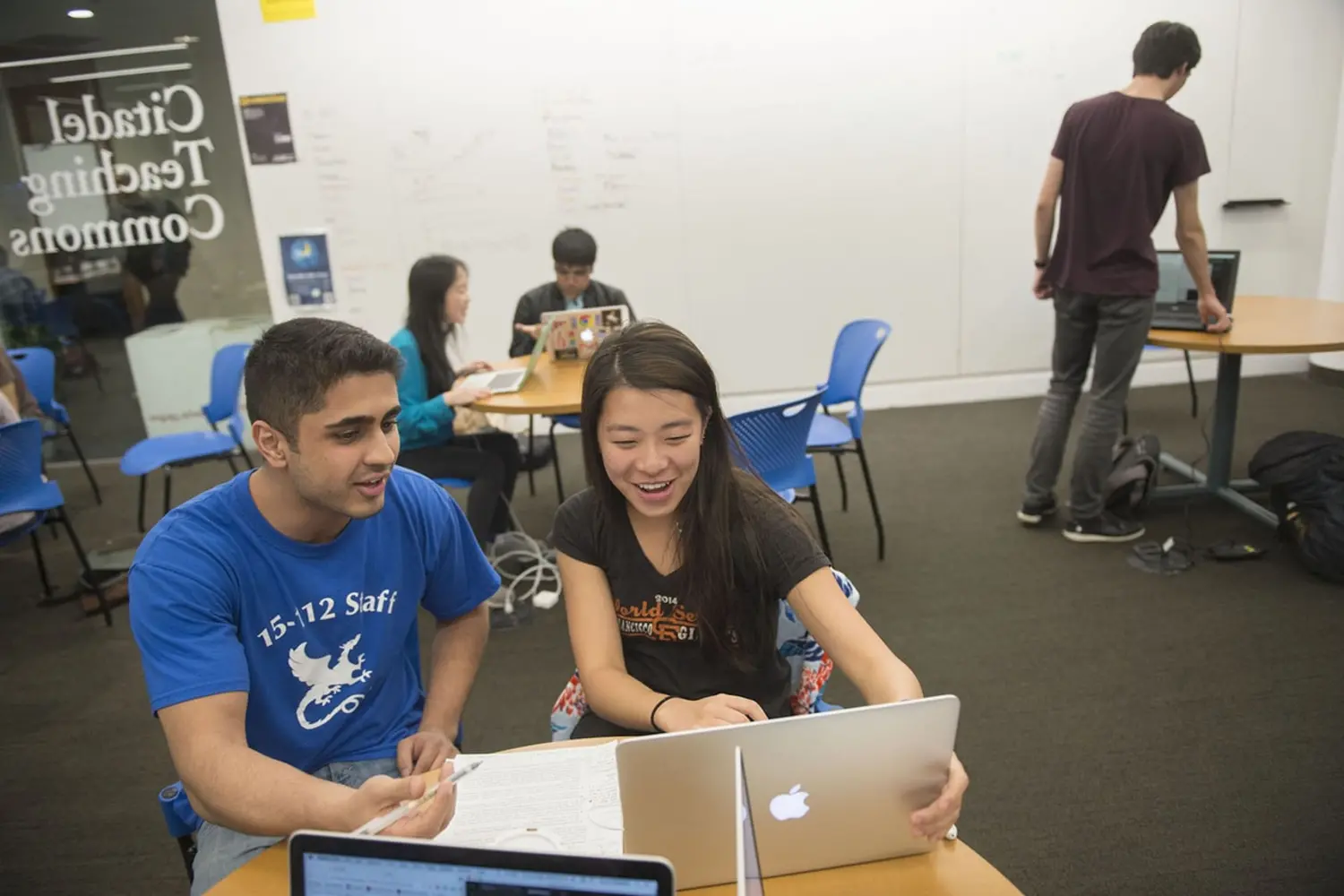
Types of Aid
We're committed to offering the financial aid resources you need to make a Carnegie Mellon education affordable.
Carnegie Mellon offers various types of financial aid, including grants, loans and work-study programs. We're here to help students and families balance these options to manage their investment over the next several years.
Grants & Scholarships
State, Federal & Institutional Grants
Grants don't need to be repaid and are either funded by the federal or state government or by Carnegie Mellon. They're available to students who apply for financial aid and demonstrate financial need.
Endowed Scholarships
Students who receive a Carnegie Mellon Undergraduate Grant may be eligible to receive a named endowed scholarship. These scholarships are established by donors who are committed to supporting Carnegie Mellon and its students. Some donors are alumni who were themselves the beneficiaries of student aid. Scholarships are offered to students who meet specific qualifications as designated by the donor.
Outside Scholarships
Third party organizations, like ROTC or nonprofits, may also offer scholarships. Outside scholarships don't change your financial aid unless the scholarship plus your federal aid is greater than your financial need or all your financial aid plus the scholarship is greater than our Cost of Attendance.

STUDENT EMPLOYMENT
Work-study programs allow students to earn a paycheck without leaving campus. On-campus job opportunities are plentiful, and campus employers are often flexible with their requirements for student employees.
Student Loans
Federal Direct Student Loans
The Federal Direct Student Loan is the most widely used loan for college students. A student may qualify for a need-based subsidized loan, but all students can borrow a maximum of $5,500 for their first year.
Federal Direct PLUS Loans
The Federal Direct PLUS Loan is a financing option for parents of undergraduate students. The PLUS Loan is only available to creditworthy borrowers.
Private Loans
Other loan options from private lenders can provide supplementary funding for students.